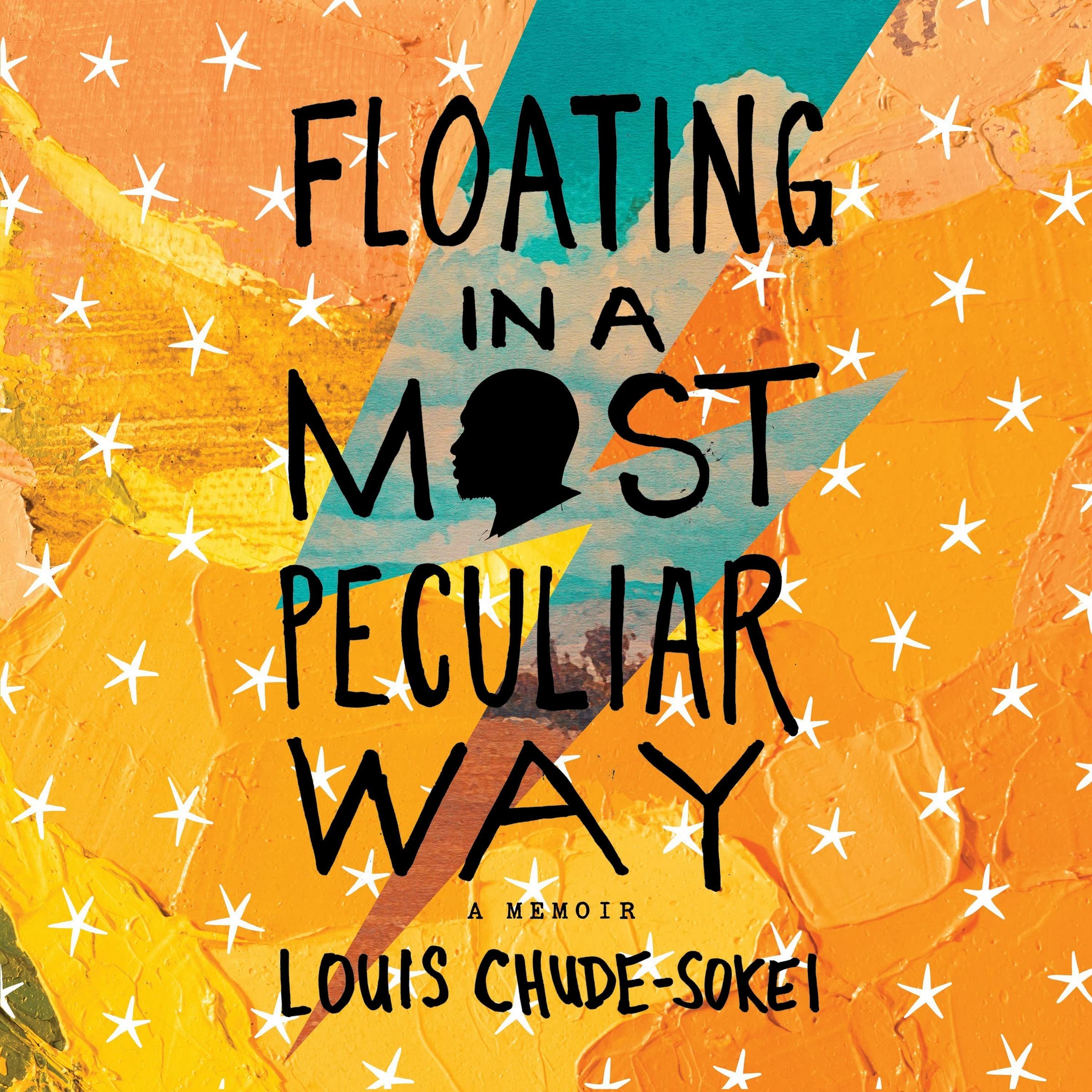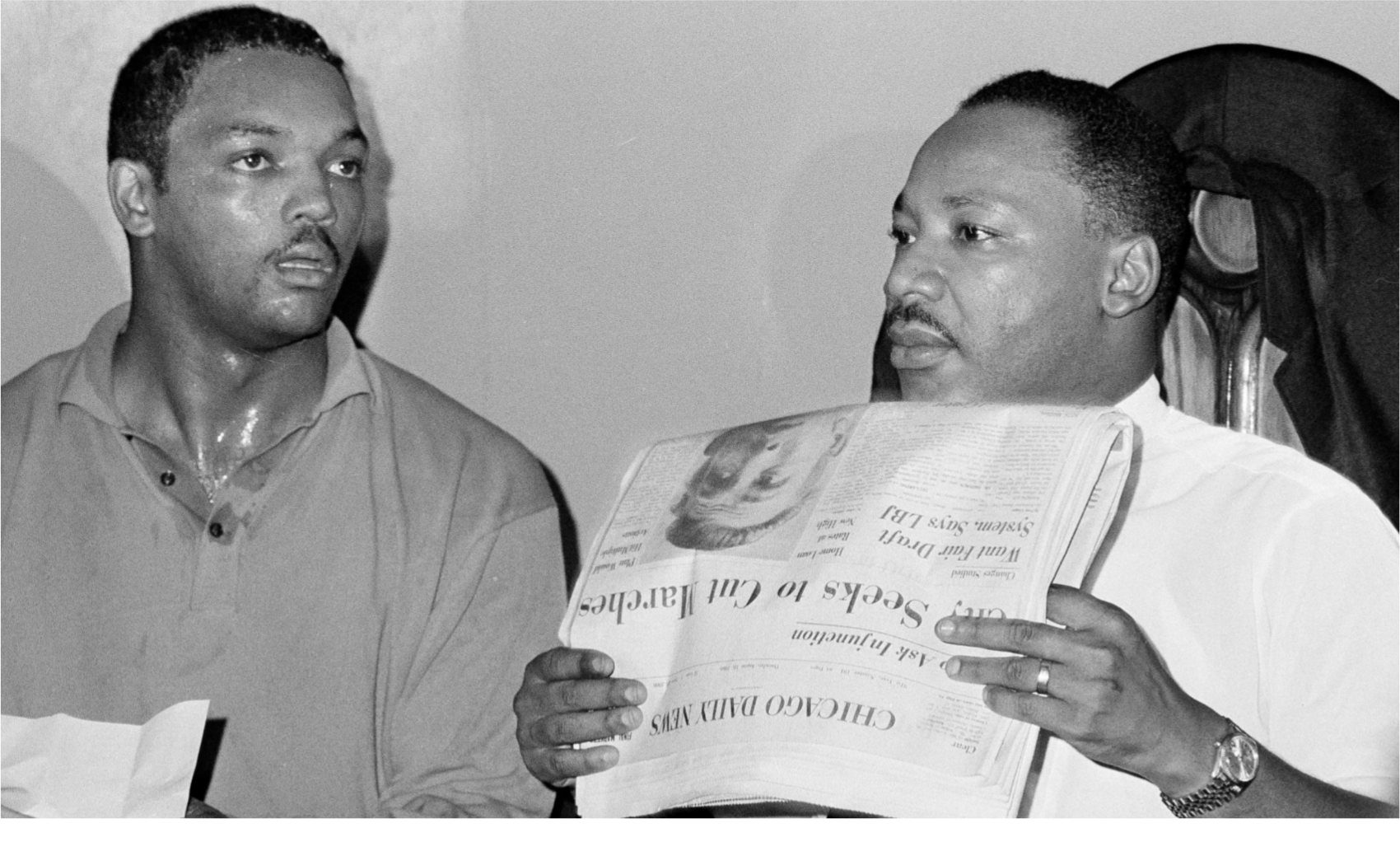(ThyBlackMan.com) There is a particular pain, and scaring, that takes place where there seems to be no place to call home. Regardless of parentage, and blood lines, when you can’t physically or internally head home everything is out of place. In the quest to find out people, in this case a father, trauma occurs as one is broken again and again simply to be loved, nurtured, and validated within oneself. The subject of race, what it means to be a black man or woman, what it means to own oneself become muddy water, because truly those designations are assigned within culture. When culture become messy with traumatizing events that causes missing parts and misunderstand of what a thin is…suffering is afoot. The resilience of black people across the diaspora is that this pain is expressed with a candid realness, humor, and confusion that is apparent. Louis Chude-sokei captures this reality both beautifully and horrifically in him memoir, “Floating in a Most Peculiar Way”.
“In my mother and father’s time, “exile” would have been the description for people like us. It was a sexy word in some circles. The common terms now are “immigrant” or “refugee”. Neither of those have the same appeal. They come laden with a sense of political inconvenience or victimization. And they imply that the place you come from still exists.”
This memoir was difficult to read, but the lessons were necessary. The idea that there is no “happy-ending” in traditional sense. However, there is survival, and an evolving that takes place which is more so shaped by trauma. Sometimes wonderful being come from the most horrific origins, which some could argue is the story of black people across the diaspora.

“Throughout my childhood, my mother told me that we were from a country that had disappeared or been “killed”.”
Louis Chude-sokei takes us on a journey in and through various cultures that he would seek to find himself within. There is a constant struggle between the cultural identity of being African, Jamaican, and Black American. I found myself angry with his family, and as a mother, I found it very difficult to reconcile with her throughout the text. There comes a point whereby the reader can question the position of adults and the impact that abuse and negligence have on a child. Also, these dynamics makes working through cultures very difficult. When there is no sense of self, identity, and validation at hone amongst family…it is sought elsewhere.
“Why did you leave me in that house?”
Humor is found throughout the narrative, and at times it keeps one from crying. As a Black American, I was left wondering if his experiences would have been different in a different part of the country. Being black in America is not a monolith at all. There were times I wanted to hug the writer as I’m reading. He exposed violation in so many ways and does not shy away from the violations upon his person caused by women. He doesn’t just speak greatly of the women that would be a light in life. I was deeply able to appreciate this honestly as I found myself, far too often, within the story.
“We were assumed to owe out places in there due to affirmative action. The more our qualifications were questions, the more radical we Black students became. I convinced myself that whites did not discriminate between and among us, so racism was more important a problem that whatever internal wounds we caused one another, even heartbreak.”
This is a powerful memoir, and it unpacks so many themes, and causes the reader to examine how black people within the diaspora hurt one another. There must be a way for there to be healing and a true reconciliation. This is a book we all should read; you just might have to take it in doses as it is a heavy read.
“Floating in a Most Peculiar Way” can be found at your local bookstore, Amazon, and anywhere books are sold.
Staff Writer; Christian Starr
May connect with this sister over at Facebook; https://www.facebook.com/christian.pierre.9809 and also Twitter; http://twitter.com/MrzZeta.

















Leave a Reply